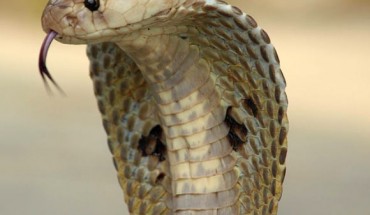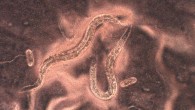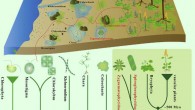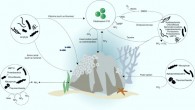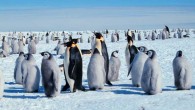An international team of researchers has sequenced the genome of the Indian cobra (Naja naja), a highly venomous, medically important snake. The Indian cobra (Naja naja). Image credit: Kamal N.V. / CC BY 3.0. Accidental contact with venomous snakes can be deadly. Snakebite envenoming is a serious neglected tropical disease that affects 5 million people worldwide annually. In India alone, the high rural population density combined with the presence...

